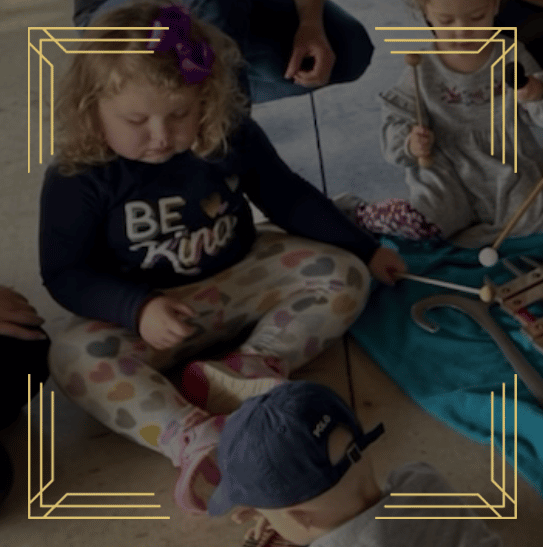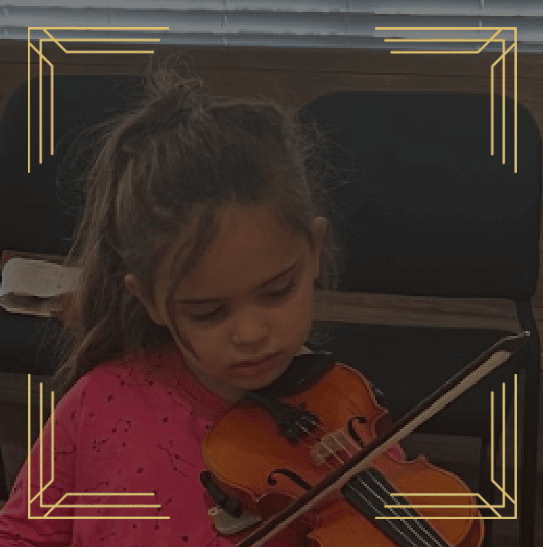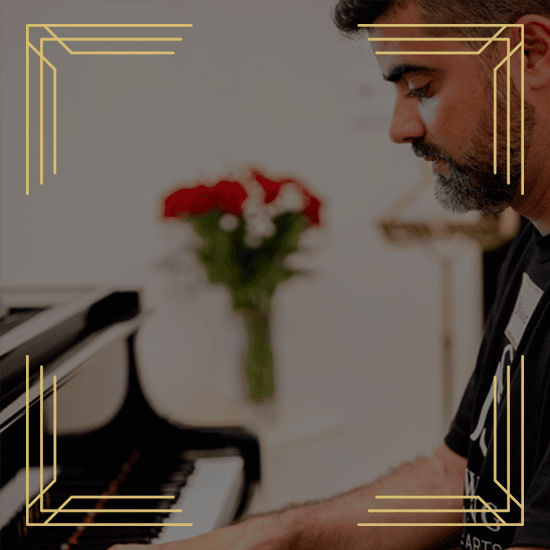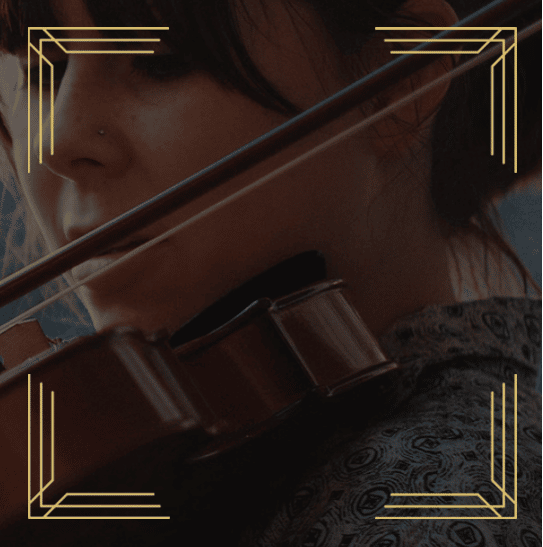Explore New Song Piano Lessons
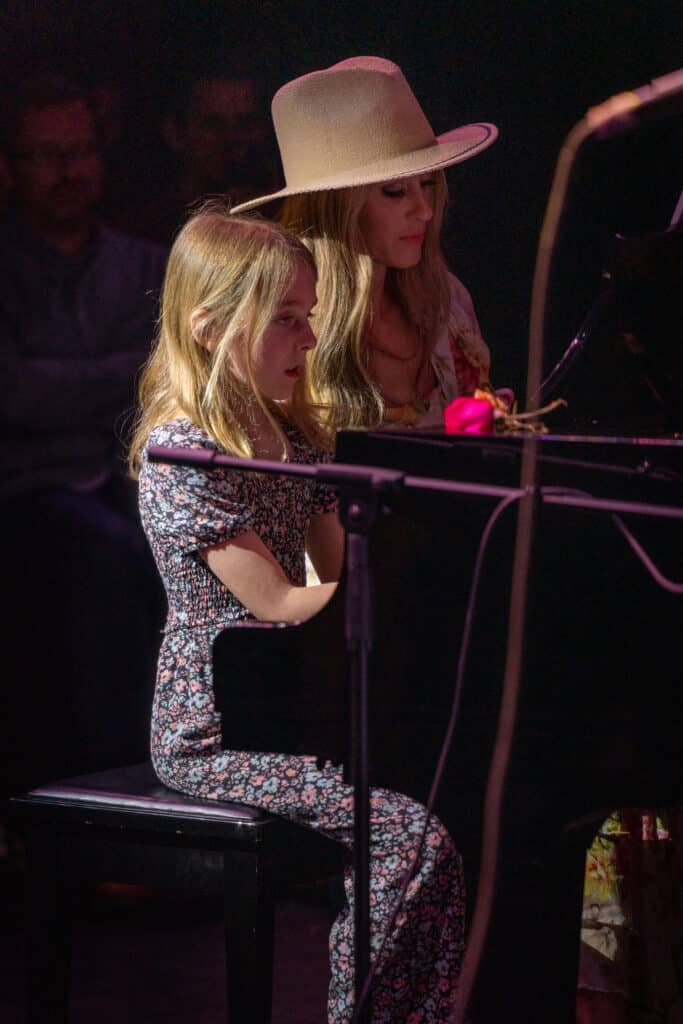
Piano Lesson Options
New Song School of the Arts (NSSOTA) offers a well-rounded, dynamic approach to piano instruction, catering to students of all ages and skill levels. Whether you’re a child just starting out or an adult returning to the piano after many years, the school provides personalized and comprehensive piano lessons that aim to foster a lifelong passion for music. Piano lessons are offered in clean, state-of-the-art private setting. Each lesson room is designed to suit different learning styles and goals. So, let’s look at what private and group piano lessons are like at New Song School of the Arts.
New Song School of the Arts’ piano program also emphasizes personalized learning goals to help students achieve specific milestones, whether it’s mastering a challenging piece, improving sight-reading, or composing original music. By focusing on a comprehensive and balanced approach, students become proficient pianists and develop a deep appreciation for music as an art form
Private piano lessons at New Song School of the Arts are structured to meet the unique needs of each student. From young beginners to seasoned adult players, the one-on-one instruction ensures that the curriculum is tailored to individual skill levels, musical interests, and learning pace.
For children, the teaching approach incorporates fun and engaging techniques to develop foundational skills like reading music, proper hand positioning, and ear training. Teachers integrate creative activities, games, and familiar songs to make learning enjoyable while building the student’s confidence. As students progress, they delve into more advanced concepts like music theory, sight-reading, and improvisation. The NSSOTA curriculum is flexible, allowing students to explore different musical styles, including classical, jazz, and contemporary music, while still focusing on core technical and performance skills.
Adults receiving private piano lessons benefit from a customized curriculum as well. Whether learning piano for the first time or revisiting it after years, adult students can progress at their own pace in a low-pressure, supportive environment. Lessons may focus on learning favorite pieces, understanding music theory, or mastering techniques that allow for playing different genres. Instructors are adept at balancing technical skill development with the personal interests of the adult learner, making lessons both enriching and enjoyable.
In addition to in-studio lessons, New Song School of the Arts offers virtual and in-home piano lessons to accommodate the varying needs of students. This flexibility allows students to receive high-quality piano instruction regardless of their location or schedule. Virtual lessons are conducted over secure video platforms, where instructors can provide real-time feedback and guidance, ensuring that students remain engaged and make consistent progress.
New Song School of the Arts provides ample opportunities for piano students to perform in front of an audience, whether in group settings or as part of recitals. These performances help build confidence and stage presence, which are essential skills for any musician. Students in both private and group lessons will be invited to showcase their progress during recitals held in the school’s Recital Hall or Black Box Theater. Additionally, group lessons often culminate in ensemble performances, where students can experience the thrill of playing with others in a live setting.
Piano lessons at New Song School of the Arts offer a comprehensive, adaptable approach that nurtures the musical abilities of both children and adults. With experienced instructors, flexible lesson formats, and a curriculum that encourages growth, creativity, and performance, NSSOTA provides an ideal environment for anyone looking to develop or enhance their piano-playing skills. Whether in private or group settings, New Song School of the Arts allows each student to be guided on a musical journey that fosters a lifelong appreciation and enjoyment of the piano.
THE LEARNING PROCESS:
A Structured, Supportive Approach
Sight Reading
- Understanding the Language of Music: Continuous sight-reading exercises help students master the language of music. By regularly practicing note reading, piano students develop the ability to interpret musical notation quickly, improving their versatility across classical, jazz, and contemporary styles. This foundational skill is essential for pianists of all levels, enabling them to play new pieces fluently and accurately.
Rhythm
- The Heartbeat of Music: Developing strong rhythm skills is key to playing music with accuracy and flow. Piano students practice rhythmic exercises, use a metronome, and play in ensembles to internalize timing and syncopation. This helps them maintain steady tempo, execute complex rhythms, and play confidently in solo or group settings.
Technique
- Promoting Musicianship & Artistry: Proper technique is crucial for developing musicianship and artistry. Instructors focus on hand positioning, finger strength, and dexterity, ensuring students develop smooth and precise playing from the start. Piano students build essential technical skills that prevent injury and allow for greater musical expression, whether performing classical pieces or modern compositions.
Music Theory
- Deepening Appreciation and Understanding: Regular music theory lessons are integrated into piano instruction, helping students understand scales, chord progressions, key signatures, and harmony. This knowledge enriches their ability to interpret, compose, and improvise, making them more well-rounded musicians.
Ear Training
- Empowering & Equipping to Play by Ear: Ear training helps piano students recognize intervals, chords, and melodies, empowering them to play by ear. This enhances their improvisational skills and deepens their connection to music by allowing them to understand phrasing and dynamics intuitively.
Performance
- Becoming a Well-Rounded Musician: Performance is a central part of piano instruction at New Song School of the Arts. Regular recitals and group performances allow students to showcase their progress, build stage confidence, and overcome performance anxiety. This experience shapes them into versatile, well-rounded musicians.
Music Explorer Program
Not sure where to start when choosing an instrument? Allow us to help you in this process.
Try three different instruments and do 4 consecutive lessons in each. Toward the completion of the third instrument choose which instrument to continue learning.
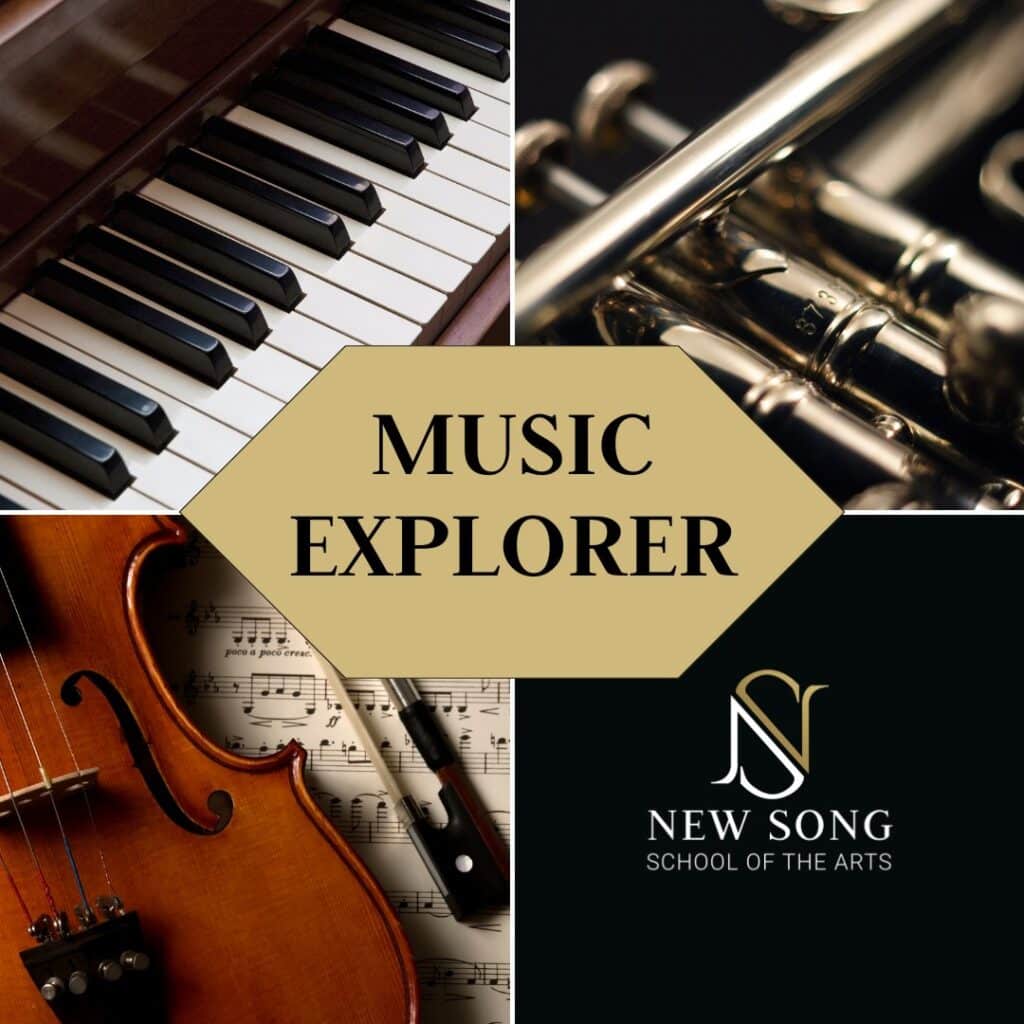
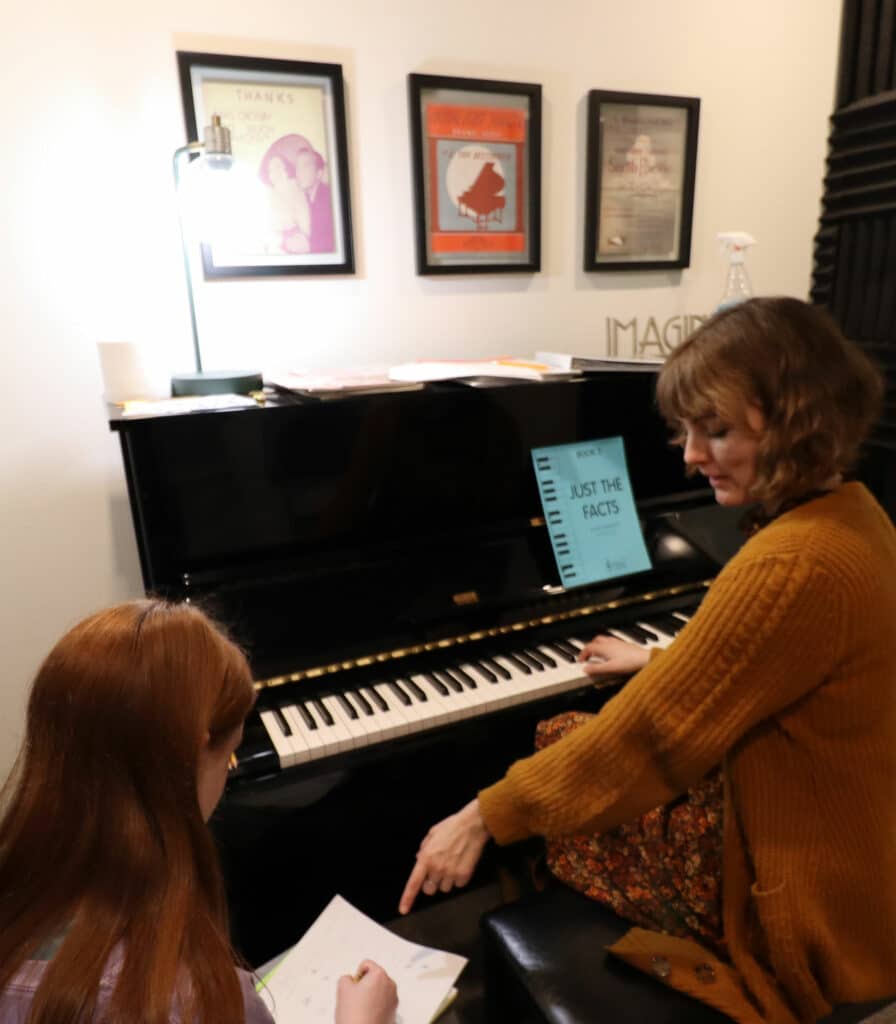
Young Scholars Program
The Young Scholars Program (YSP) emphasizes specific aspects of music such as music theory, music history, music appreciation, etc. This program creates strong musicians and is meant to compliment private lessons but is also perfect for a student not yet studying an instrument. Students in YSP desire a fun, engaging, in depth, and academic approach to musical knowledge and awareness. The “Young Scholars Program: Music Theory Class” incorporates thought-provoking activities and academic exercises that develop an understanding of the “nuts and bolts” of music. The class course culminates with the Texas State Theory Exam, and the student will be awarded based upon their test score. Relatedly, annual participation in the Texas State Theory exam looks great on college or scholarship applications.


